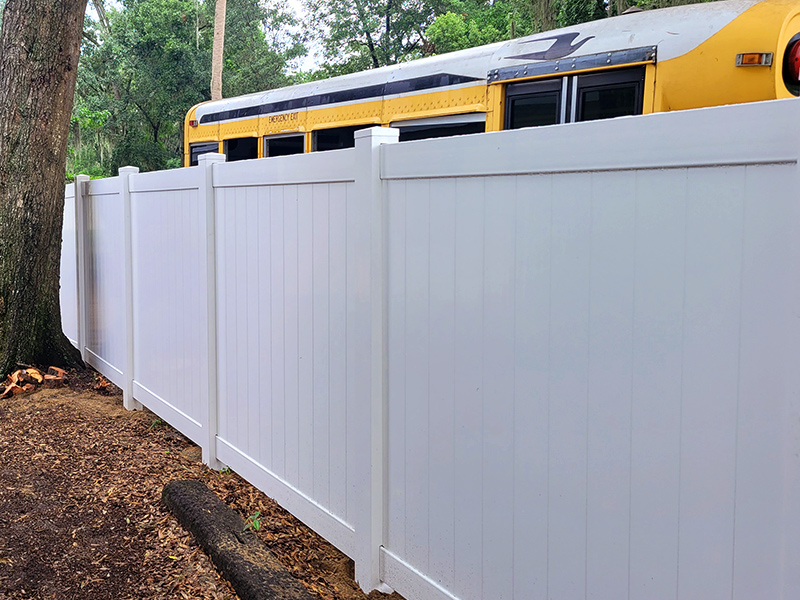Construction Loans: Financing Your Dream Build

Building a home or developing a property is an exciting endeavor, but it comes with unique financial challenges. Unlike buying an existing home, construction requires careful planning, budgeting, and access to funds throughout the building process. Traditional mortgages are not designed to cover the fluctuating costs of construction, which is why specialized construction loans are essential. These loans provide the financing needed to turn blueprints into reality while offering flexible repayment structures tailored to construction projects.
What Are Construction Loans?
Construction loans are short-term, temporary loans designed to cover the cost of building a property from the ground up. These loans are structured differently from standard mortgages because they are based on the projected value of the property once construction is completed. Lenders evaluate construction plans, budgets, and timelines before approval to ensure the loan amount matches the project’s needs. Construction loans are ideal for homeowners and real estate investors who want complete control over their project’s design and progress.
How Construction Loans Work
Construction loans operate on a draw system, where funds are released in stages as construction milestones are met. Borrowers typically pay interest only on the amount that has been disbursed, reducing immediate financial pressure. Construction loans are generally short-term, often lasting between 12 to 18 months. Once the construction is complete, the loan can either be converted into a traditional mortgage or paid off with a separate permanent loan, depending on the financing arrangement.
Types of Construction Loans
There are several types of construction loans to suit different project needs:
- Construction-to-Permanent Loans: Combines construction financing with a long-term mortgage in a single loan, simplifying the process.
- Stand-Alone Construction Loans: Short-term loans covering only construction costs, requiring a separate mortgage once the project is complete.
- Renovation or Improvement Loans: Designed for major remodeling or additions to existing properties.
- Owner-Builder Loans: For borrowers acting as their own general contractor, though this type typically requires more experience and documentation.
Benefits of Construction Loans
Construction loans provide multiple advantages for both homeowners and investors:
- Complete Customization: Offers control over every aspect of the property, from layout to finishes.
- Interest-Only Payments During Construction: Reduces the financial burden while the property is being built.
- Stage-Based Funding: Funds are released as milestones are completed, preventing unnecessary upfront borrowing.
- Value Appreciation: Newly constructed properties often have higher market value than existing homes.
Who Should Consider Construction Loans
Construction loans are ideal for:
- Homeowners looking to build a custom dream home
- Real estate investors developing residential or commercial properties
- Borrowers with detailed construction plans and accurate budgets
- Individuals seeking flexible short-term financing for building projects
Challenges and Considerations
Despite their benefits, construction loans come with challenges:
- Higher Interest Rates: Typically higher than traditional mortgages due to added risk.
- Complex Approval Process: Lenders require detailed construction plans, contractor agreements, and cost estimates.
- Short-Term Loan Structure: Borrowers need a plan for repayment or conversion to a permanent mortgage.
- Budget Management: Unexpected expenses can arise, requiring careful monitoring and contingency planning.
Tips for Securing a Construction Loan
- Prepare thorough plans, including blueprints, materials, and project timelines.
- Obtain multiple contractor bids to verify construction costs.
- Maintain strong credit and financial records to improve loan approval chances.
- Work with lenders experienced in construction financing to streamline the approval process.
- Set aside contingency funds for unexpected costs during the build.
Conclusion
Construction loans are an essential financing tool for anyone looking to build a custom home or develop a property from scratch. By providing short-term, stage-based funding, these loans offer flexibility and support throughout the construction process. Understanding the types of construction loans, carefully managing budgets, and partnering with knowledgeable lenders ensures a successful project from start to finish. For homeowners and investors ready to bring their vision to life, construction loans offer the necessary resources to transform ideas into reality.




